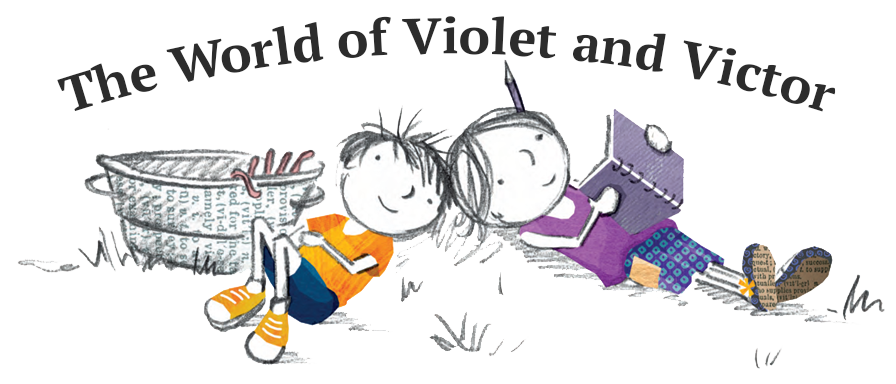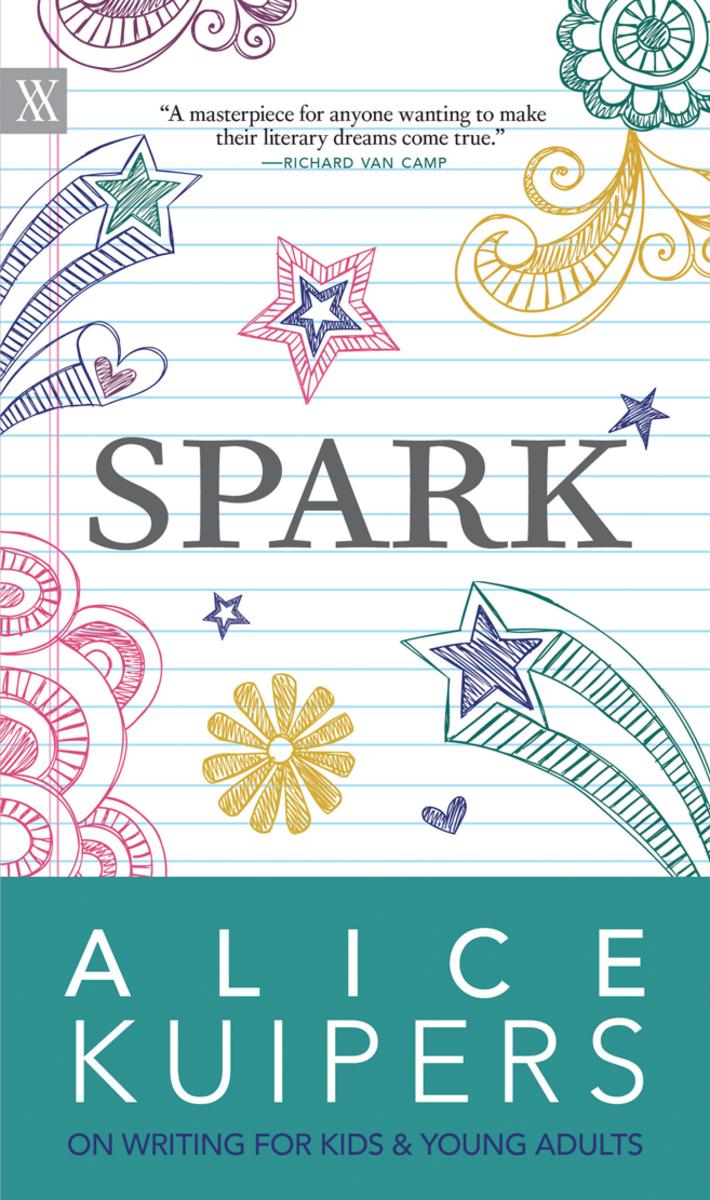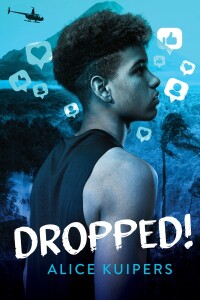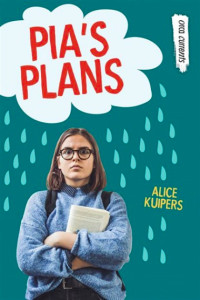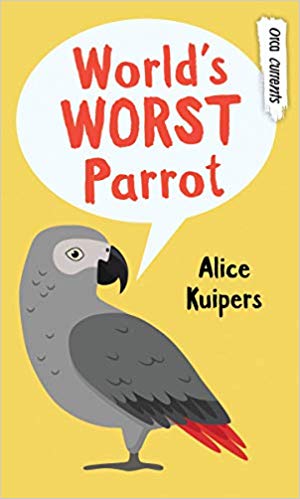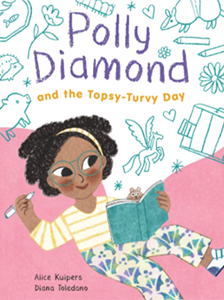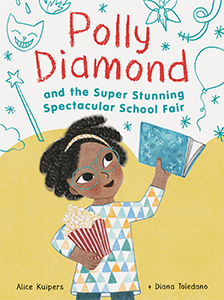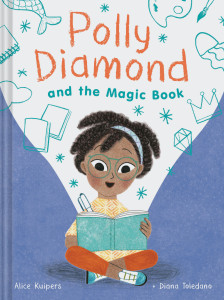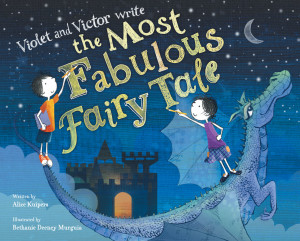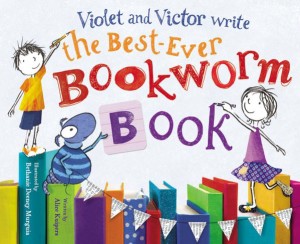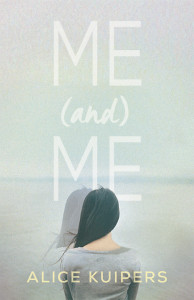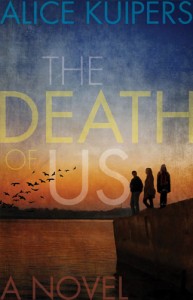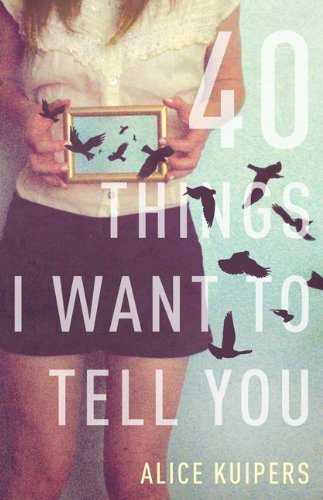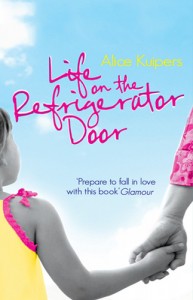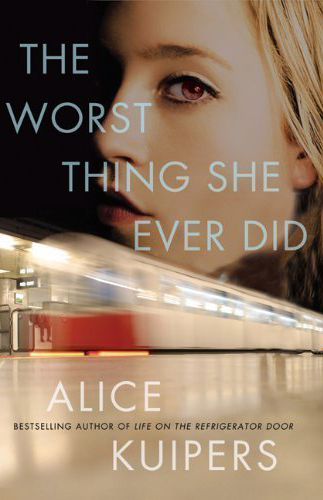Notice in the following paragraph how tricky it is when a writer shifts tenses:
Maggie sits in her room, flicking through the paper. She’s turning the page when she saw Emily’s photo. What was Emily doing in the paper? Maggie jumped up and runs to the kitchen. “Mom,” she shouts. “Mom, where are you? Emily’s dead.” Maggie feels the tears running down her face. She couldn’t stop crying.
It may seem like a minor grammatical thing, but keeping your writing in the same tense all the way through gives your reader a much easier reading experience.
Look at the same paragraph written entirely in the past tense:
Maggie sat in her room, flicking through the paper. She turned the page and saw Emily’s photo. What was Emily doing in the paper? Maggie jumped up and ran to the kitchen. “Mom,” she shouted. “Mom, where are you? Emily’s dead.” Maggie felt the tears running down her face. She couldn’t stop crying.
The past tense creates a little distance, but has a great storytelling feel. Flashbacks and memories can be hard to incorporate in past tense, however. The only way to master this is to practice, practice, practice.
Here’s the same paragraph, including a flashback, written in the present tense with the flashback in the past tense.
Maggie sits in her room, flicking through the paper. She turns the page and sees Emily’s photo. Emily who she met the first day of school. Her best friend. She remembers the argument they had yesterday. The terrible things she said.
Maggie jumps up and runs to the kitchen. “Mom,” she shouts. “Mom, where are you? Emily’s dead.” Maggie feels the tears running down her face. She can’t stop crying.
The present tense gives an immediacy and an easy way to use flashback and memory (by shifting to the past tense). But it can feel a little breathy and rushed. You make the choice as to which you prefer in your own writing.
Now the tenses are working in this short piece, it’s easy for me to spot that the verbs are weak, the writing is clichéd and the sentences are all the same length. These are things I can edit now I’ve got my tenses under control.
This week’s writing prompt:
We’re practicing tenses this workshop. Write a single paragraph that includes these three words:
CRACK
LOST
CALL
Write it first of all ENTIRELY in the present tense. Rewrite the same paragraph ENTIRELY in the past tense. Use those three words each time.

